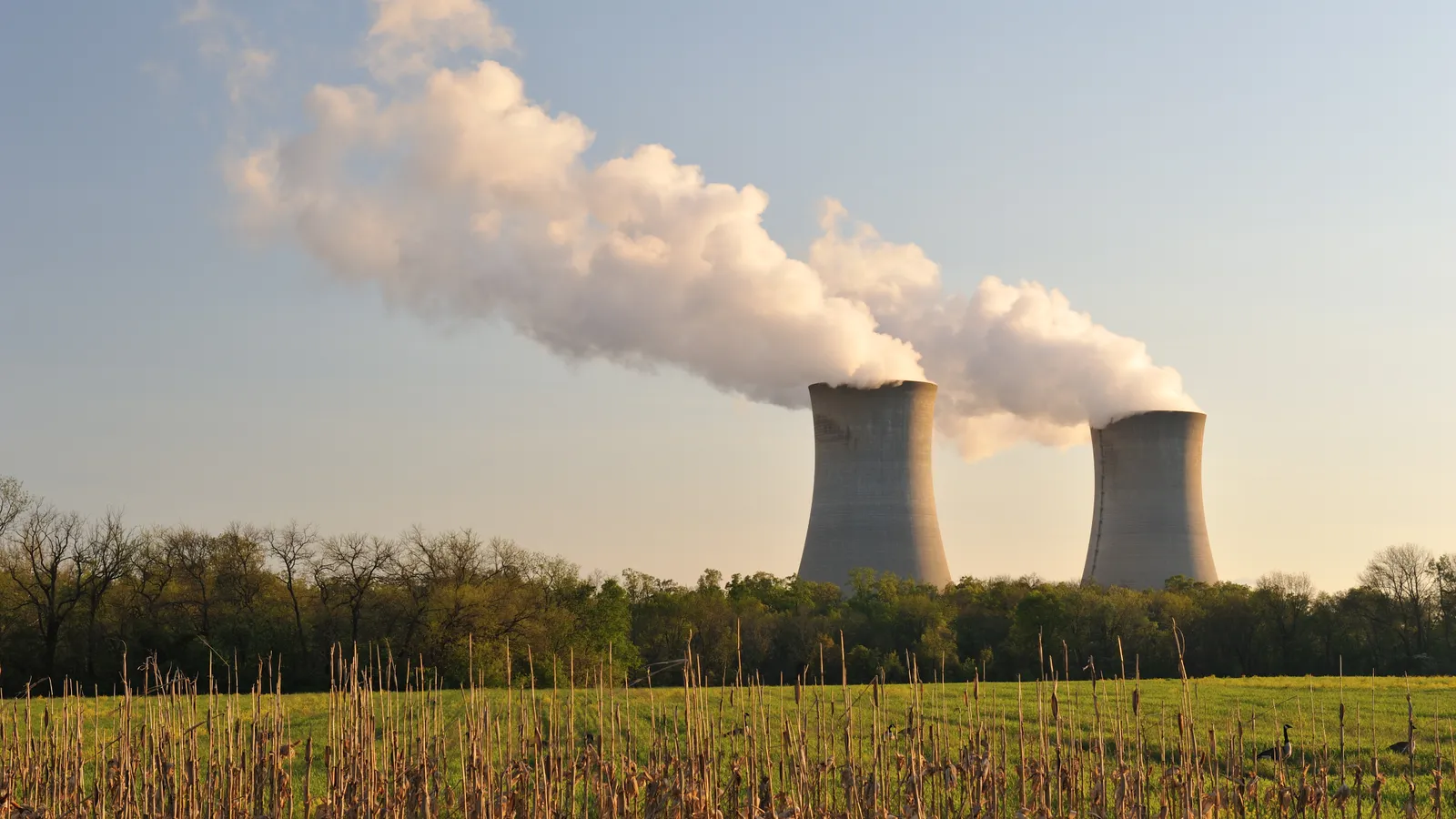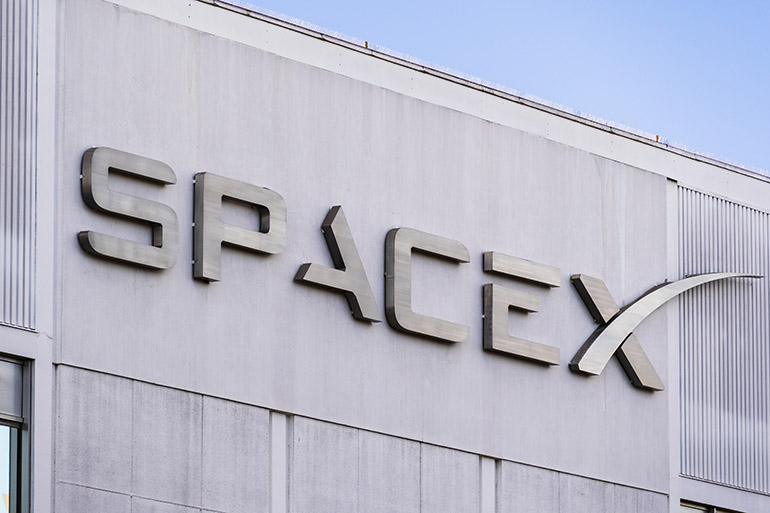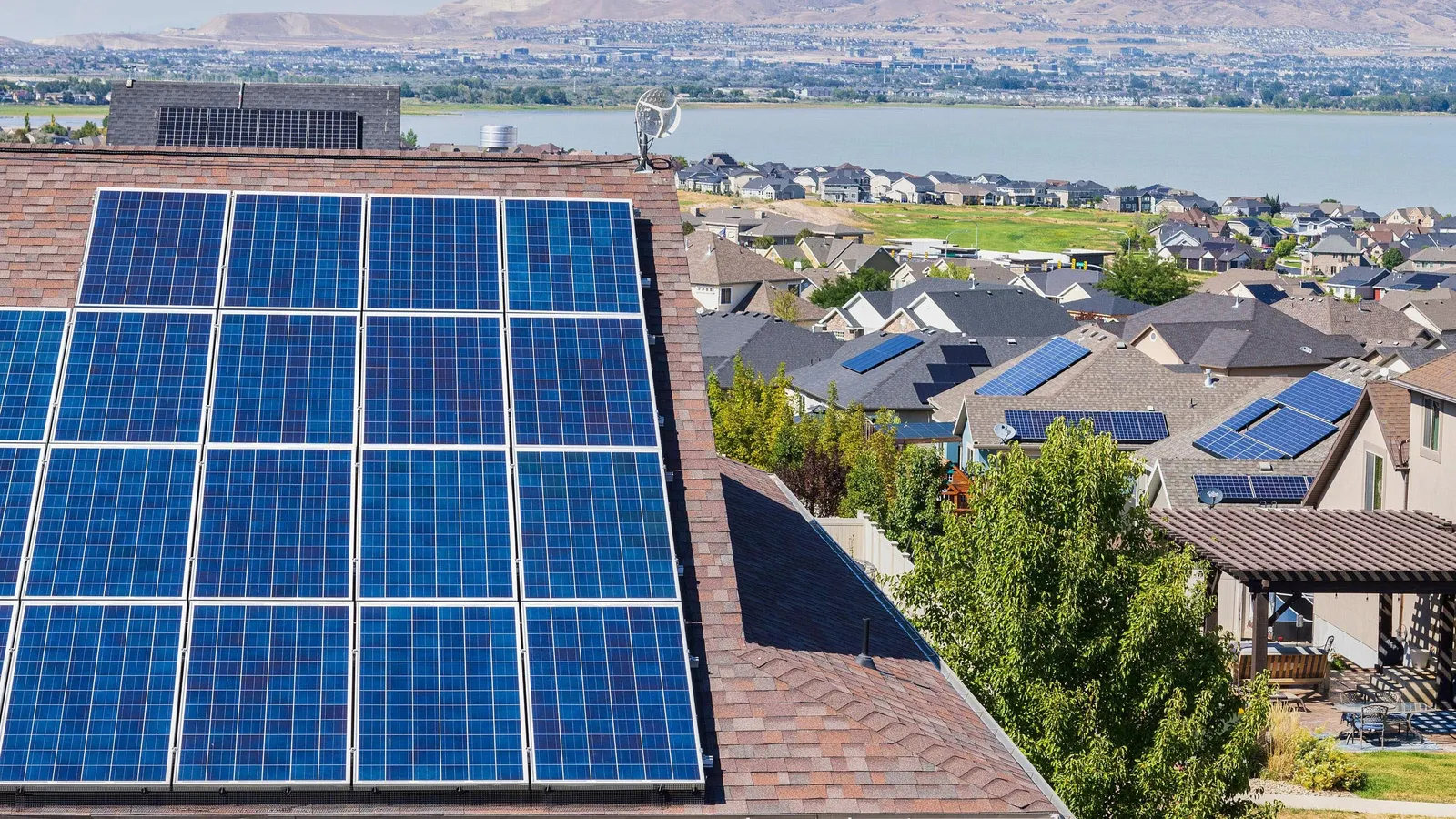The Department of Energy’s initiative to pilot a new nuclear reactor represents a pivotal moment for the U.S. energy landscape, particularly as the nation grapples with the dual challenges of energy security and climate change. The successful demonstration of a commercially viable reactor could catalyze a significant shift in public perception and policy regarding nuclear energy, which has long been mired in controversy. With increasing pressure to transition to cleaner energy sources, the potential for advanced nuclear technology to provide reliable, low-carbon power is more critical than ever. The stakes are high; a successful pilot could not only revitalize the nuclear sector but also serve as a blueprint for future energy innovations, addressing both environmental concerns and energy demands.
The implications of this pilot extend beyond mere technological advancement; they encompass broader economic and regulatory considerations. If the reactor operates safely and efficiently, it could pave the way for a new generation of small modular reactors (SMRs) that promise enhanced safety features and reduced costs. This could lead to a resurgence in nuclear investment, fostering job creation and technological leadership in the energy sector. Moreover, the pilot underscores the importance of federal support in overcoming the barriers to nuclear deployment, highlighting the need for a cohesive strategy that integrates regulatory reform, public engagement, and investment in research and development. The successful realization of this project could thus redefine the role of nuclear energy in achieving a sustainable and resilient energy future.








